Agriculture is the backbone of India economy. Agriculture plays a vital role in
India’s economy as 54.6% of the total workforce is engaged in agriculture and
allied sector activities (Census2011) and accounts for 18.8% (First Advance
Estimates) of country’s Gross Value Added (GVA) for the year 2021-22(at
current prices). Given the importance of the agriculture sector, Government of
India has taken several steps for its development in a sustainable manner.
The importance of agriculture in an economy usually declines as it climbs the
development ladder. Raising agriculture productivity has been known to be an
important precursor. Labour productivity in agriculture can either be increased
by higher land productivity or higher land availability per farmer and
mechanization. In India, however, the dramatic increase in land productivity
through industrial farming has caused severe environmental damage and did not
boost agricultural labour productivity. Going ahead, India faces the challenges
of both increasing farm productivity and increasing sustainability and resilience
to climate change. These policy goals have the potential of creating a trade-off
for policymakers. By showing that India’s path of structural transformation is
unsustainable, there is call for use of technology in agriculture to enhance the
yield with maintaining the soil quality and utilizing technology for agriculture.
Conventional wisdom tells us that as an economy moves along the development
path, the importance of agriculture declines, both in terms of employment and
contribution to national income (as measured by gross domestic product or
GDP). This process of structural transformation has received substantial
treatment in the literature. The diminishing share of agriculture has led many
scholars to claim that we are headed to a ‘world without agriculture’, wherein
the shares of agriculture in both GDP and employment are less than 3%. It is
also seen that in terms of labour productivity, there is no discernible difference
between the agriculture and non-agriculture sectors, meaning that income gaps
between the two groups are miniscule at best.
This work is a contribution to the farming community. The work empathizes on
the use of technology in the area of scientifically choosing the variables based
on which agricultural yield can be predicted. This is being the first step towards
the understanding of the domain of agriculture using feature selection methods
and evaluating them with various statistical methods and confirming them to be
of at most importance.
The current practices prevalent are causing serious environmental damage, in
terms of declining soil health, depleting water tables, greenhouse gas emissions
v
etc. Analysis of data from the soil health card scheme shows the alarmingly low
levels of soil organic carbon (SOC) across India, an important indicator of soil
health. Imbalance in the use of fertilizers has been linked to declining soil
health, as per a study by the National Academy of Agricultural Sciences
(NAAS, 2018). It is seen that the wrong usage of fertilizers has leads to
toxification of soil in various parts of the country leading to decrease in crop
yield with increase in fertilizer usage. The manual evaluation process of soil
being strong has led to the identification of a fertilizer model.
The work provides a fertilizer recommendation model as foremost contribution
to the community. This will reduce land pollution and support suistainability in
agriculture.
Prediction of crop yield being an important area of survival to many in the
sector, the work put forth comparision of existing machine learning algorithm.
Sale
Original price was: ₹230.00.₹184.00Current price is: ₹184.00. ₹

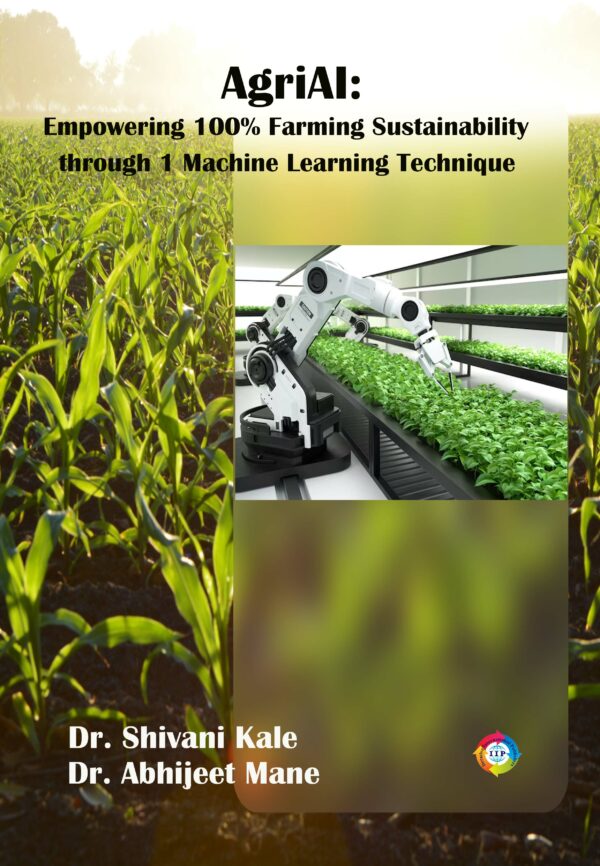
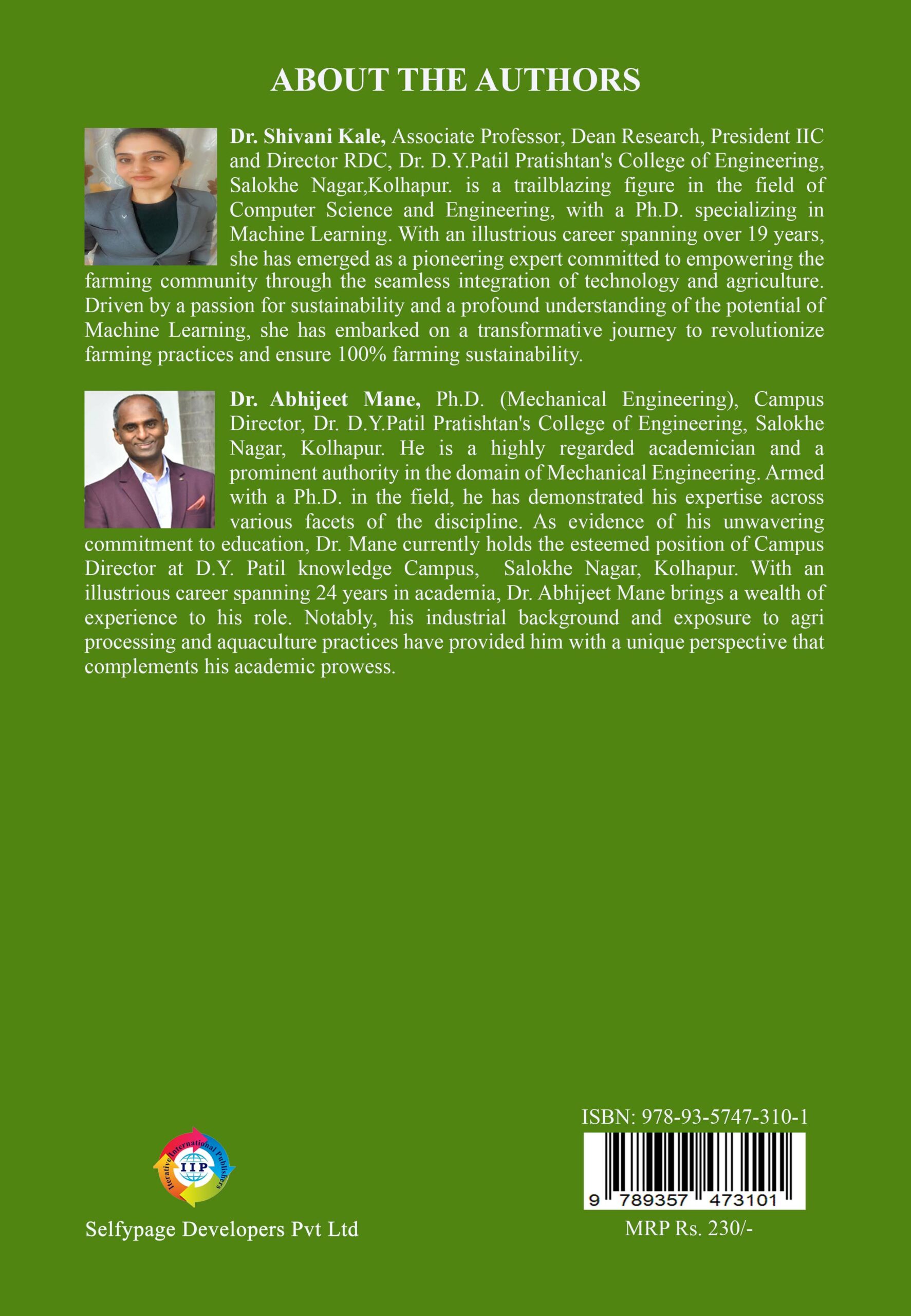
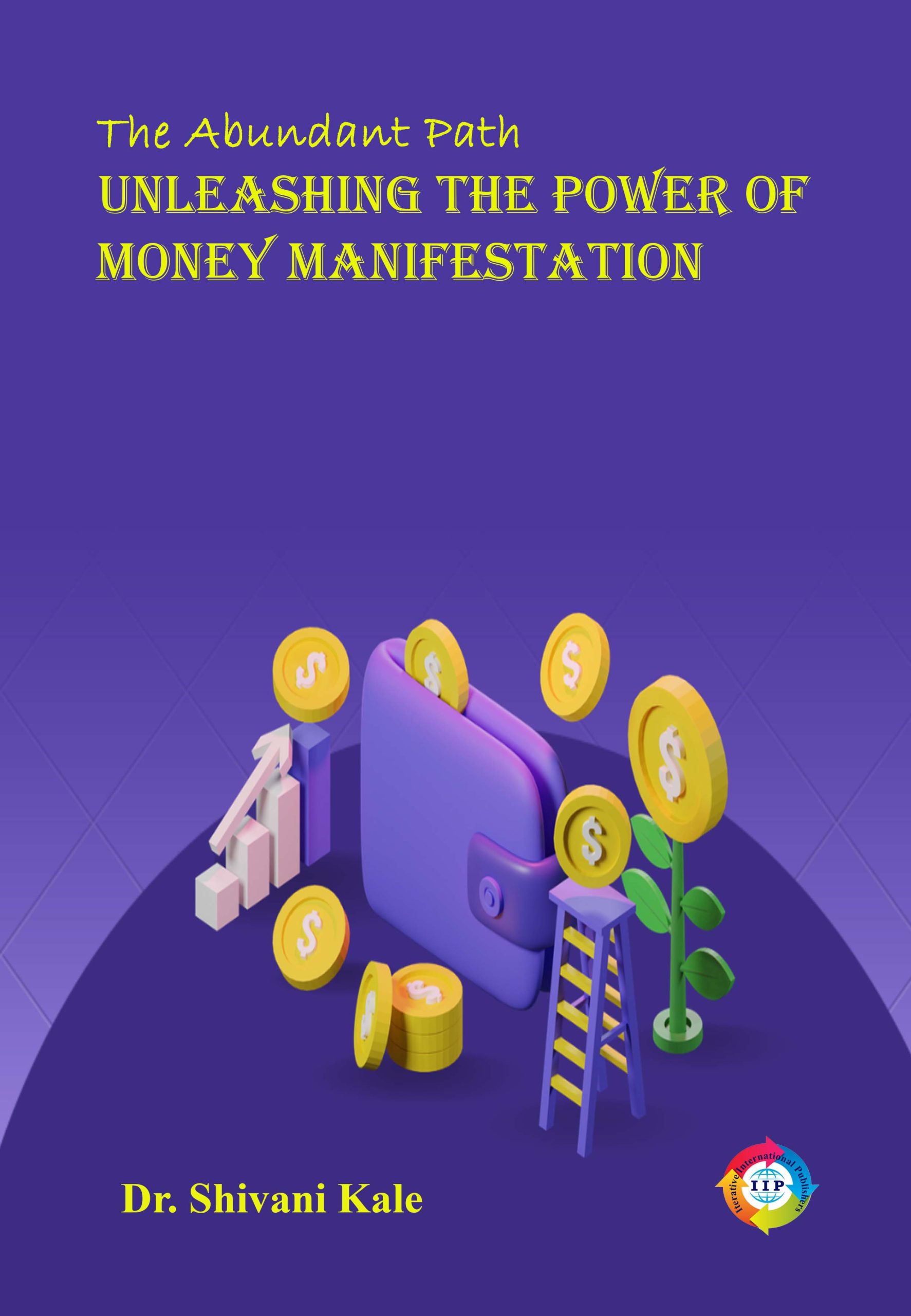
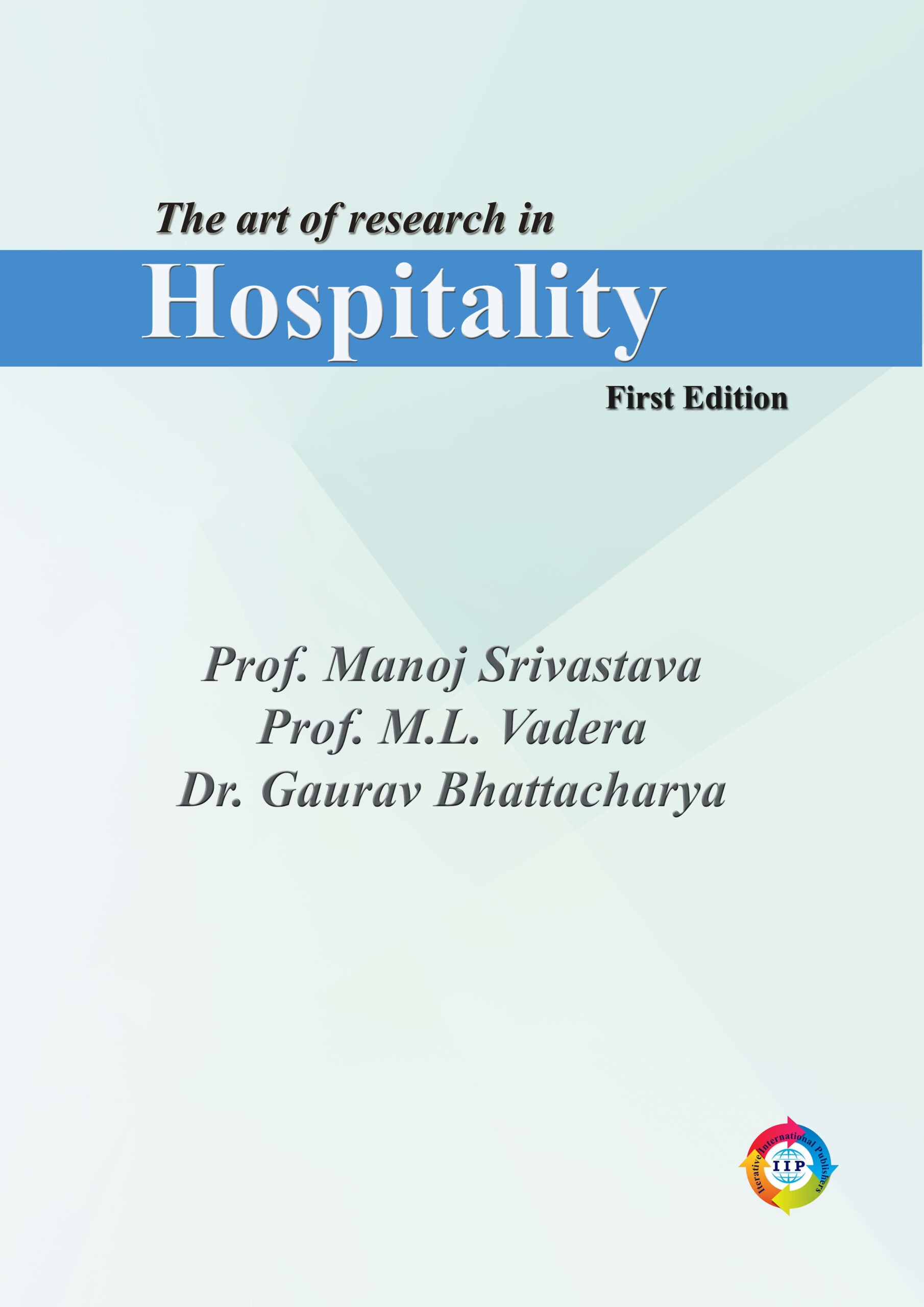
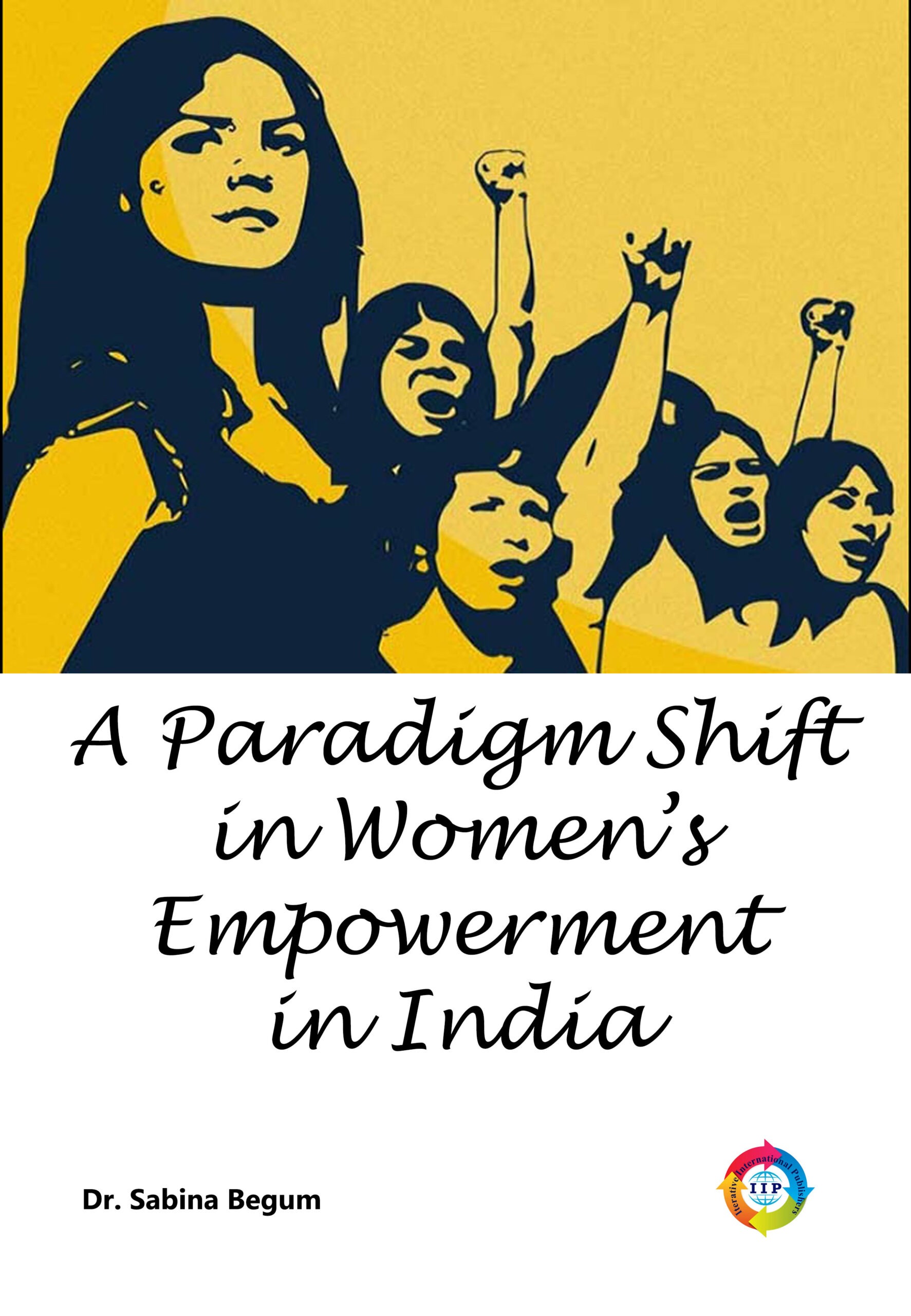

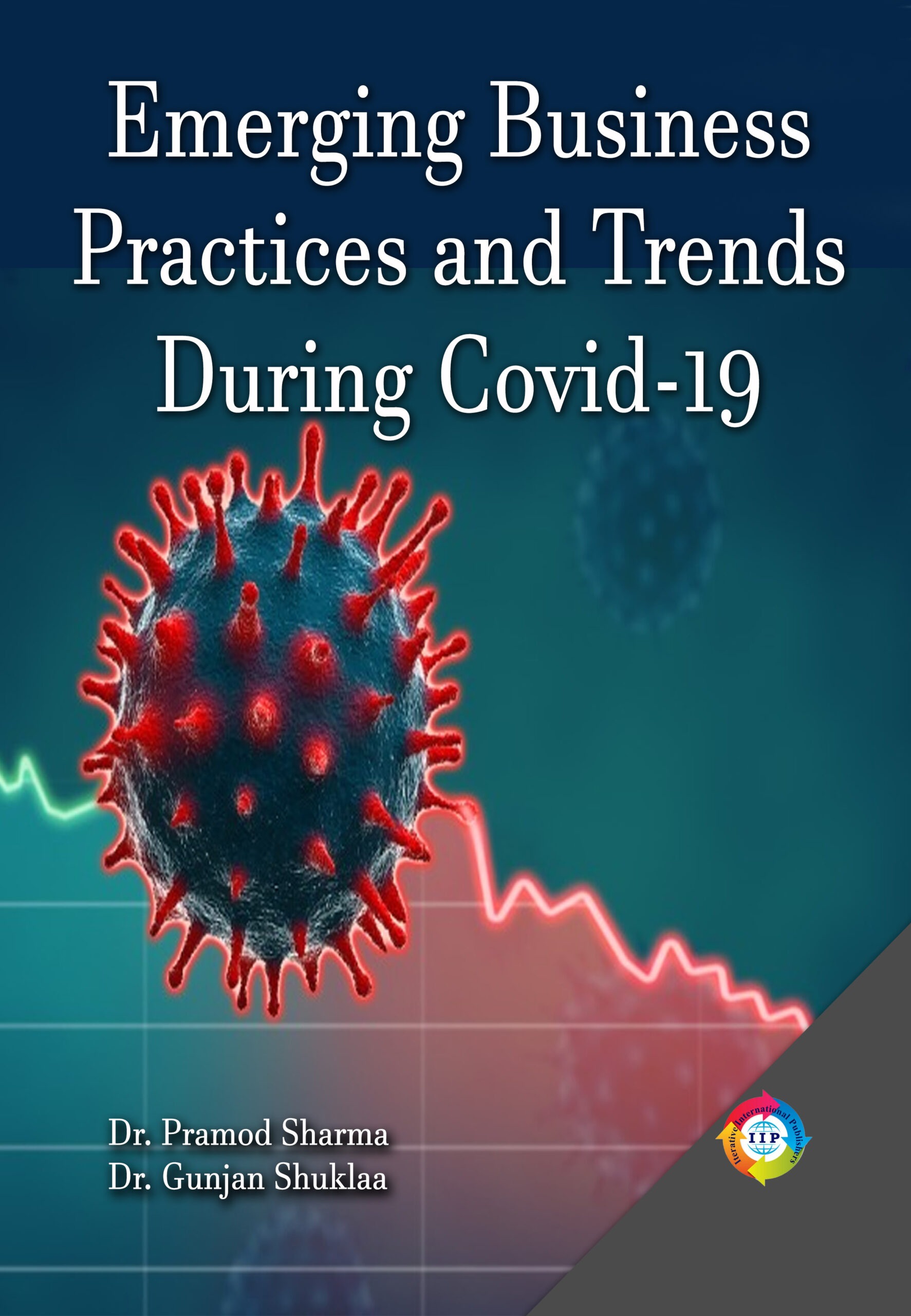
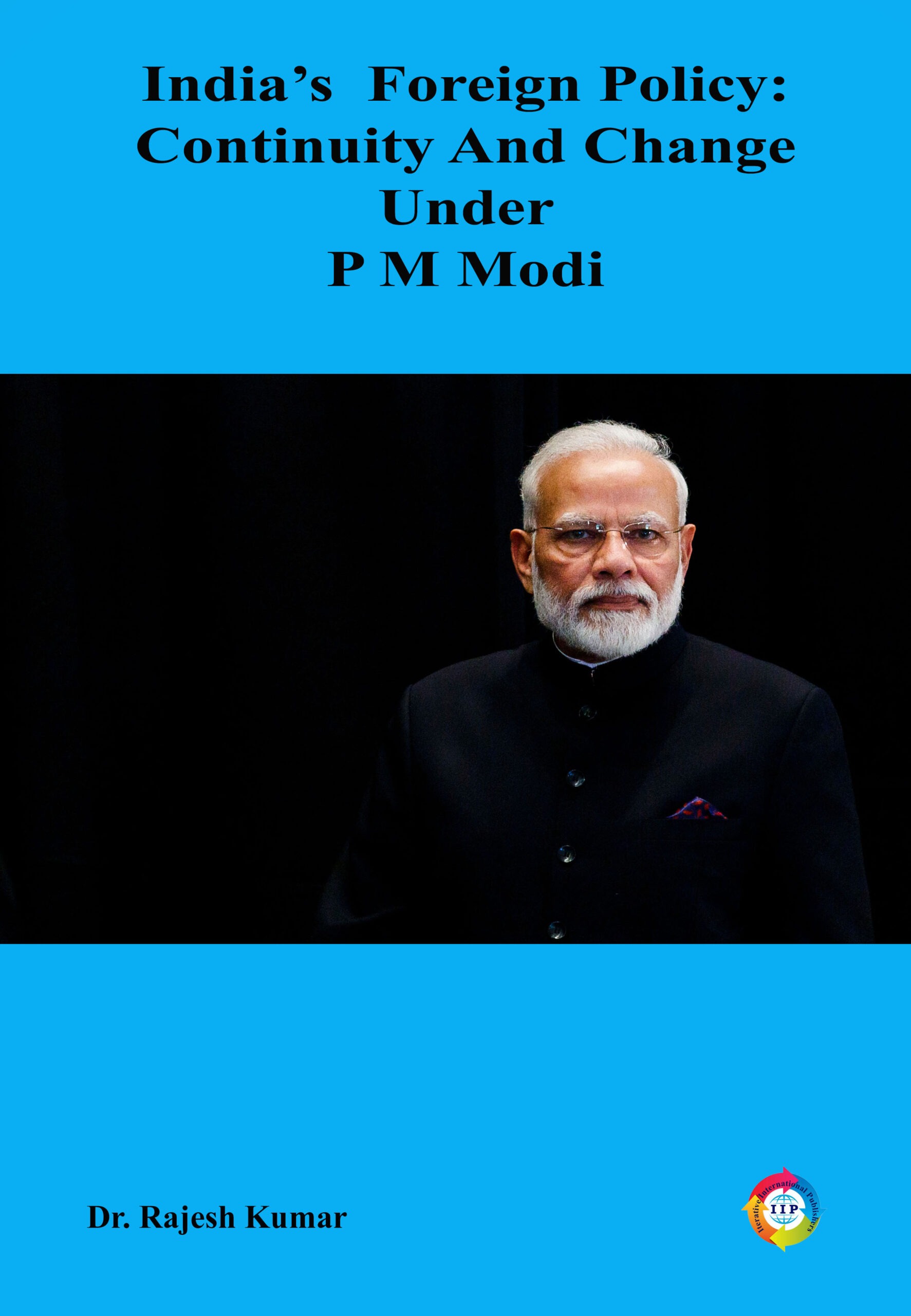
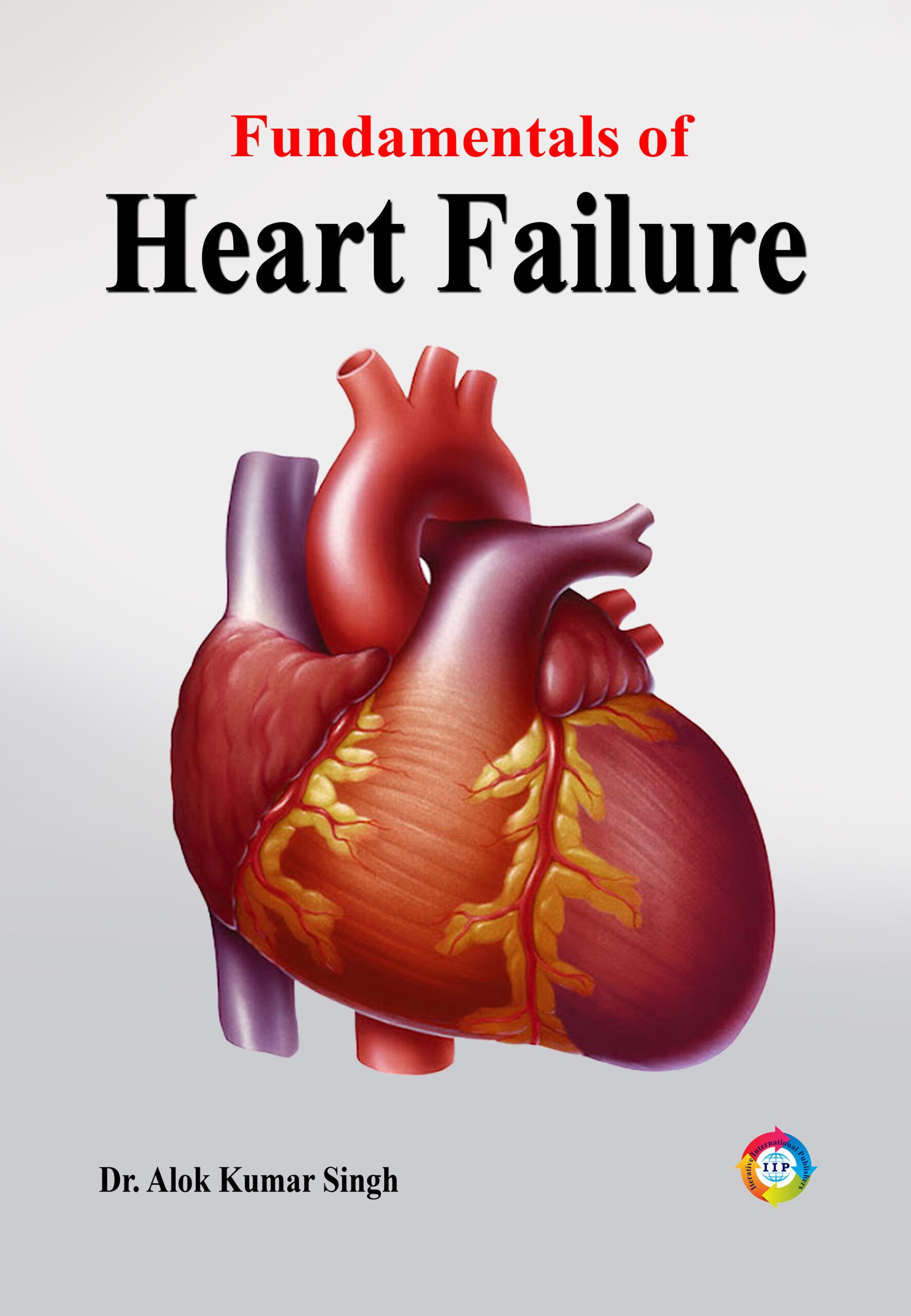
Reviews
There are no reviews yet.